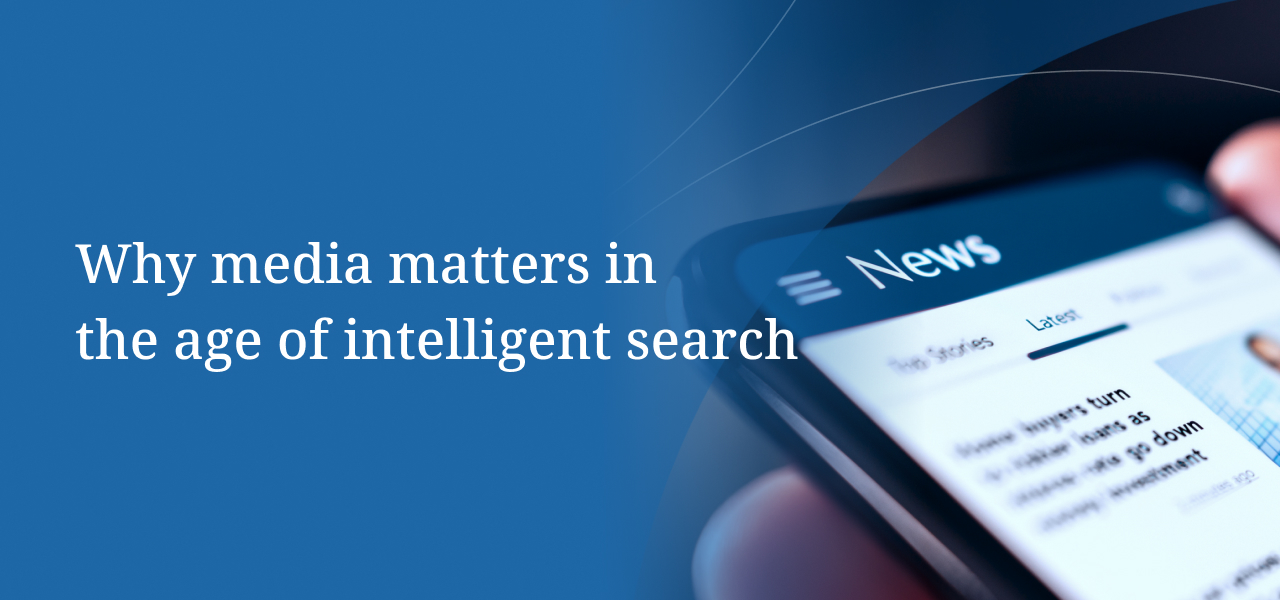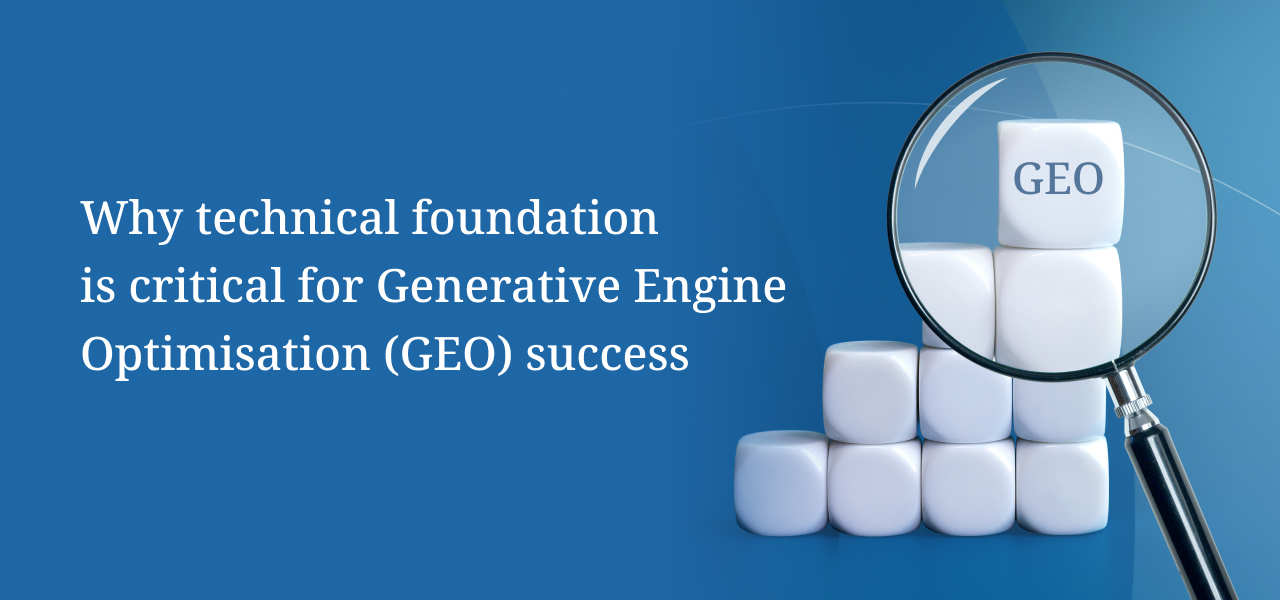Account manager at Manning & Co, Pru Roberts chatted Bianca Benjamin, our Client Services Executive about her always-on role as Account Manager for a diverse range of clients, as well as Prue’s personal experiences and insights working in the marketing industry.
B: Can you tell me how long you’ve been working at M&C as Account Manager?
P: Just over 1 year.
B: What does a typical day look like for you as an account manager?
P: I don’t think any one day is the same. Generally, it’s about delivering an awesome client services experience for a range of different organisations – TAS, Verint, Realview, Newport Consulting and Stepping Stone House, to name a few.
B: What kinds of things are you doing for them?
P: Day-to-day is touching base on current projects, checking in to share or get information from clients and reaching out to their clients for research purposes. I do lots of media research which means Google time. I source news articles, events and other opportunities relevant for sharing on social media, often from a thought leadership and industry awareness perspective. Overall, lots of writing, thinking and being proactive!
B: What kind of role do you have in the office?
P: The dedicated Client Services Manager with a touch point for most accounts. I own the majority of accounts and liaise with my co-workers in the Sydney office (Bianca and Sarah) and the Singapore team, executing on tasks for clients and project work, discuss thoughts and ideas, bounce things around one another, and generally have a great day at work!
B: What kind of desk do you have?
P: I like to call it organised chaos. I try to stay on top of my bulging inbox but that doesn’t tend to happen. I like to think I file things away I don’t need, but I probably hang onto things I don’t need as well.
Generally I have a big stack of paper on my desk, but nothing too crazy! I’m a list-maker; I like to tick the boxes for tasks every day, but generally a curve ball does come my way, and I have to work out how to best integrate that into my day and prioritise certain activities.
B: Do you think organisational skills are important for account manager?
P: I think having an organised nature – though I wouldn’t typically say I’m a super organised person – is important. I have a lot of balls in the air and I’m pretty aware of the priorities and urgent actions that need to be undertaken day-to-day. Then there are a lot of periphery activities to touch on here and there during the day.
B: What’s the work environment in the account manager’s office like?
P: I think we have a very enjoyable working environment! There are three of us in the Sydney office and a larger regional team of 10. This might sound like a crazily boring place for some people, but I think because we’re such a close-knit group of colleagues, there’s a good balance of energies. There’s a focus on professional activities, but we also try to have a little bit of fun along the way and keep each other engaged in our activities.
B: What are some of your other interests and hobbies?
P: I like to catch up with friends and socialise. I get out and about more than my bank balance would like…ha! I like to keep fit, eat good food, be outdoors. I guess when you have an office job five days per week, it’s nice to be out and about. If the weather’s good, the sun’s out, it’s good for your mind, body and soul. In summer I love the beach, and in winter, a fire is great!
B: Do you think having a work-life balance makes you more productive?
P: For me, a work-life balance is important. It can help you be more switched on when you’re in the office and make sure you’re engaged in your surroundings when you’re outside of the office. I tend to try and keep those lines not too blurred because I think that it can run away with you, if you keep your mind across everything too much. A weekend is a weekend to be enjoyed, and when you leave on a Friday, you should try not to be thinking too much about work if you can, but that doesn’t work for everyone!
B: Is there anyone that has inspired you to be who you are today?
P: I’ve had a pretty diverse career in the sense that I’ve had a lot of different mixed roles within the media and communications space. I’ve been a journalist, on the flipside in advertising, and I’m now in marketing and PR.
I think those experiences have given me a well-rounded set of professional abilities that I’ve brought to my current role and that help in a day-to-day way – from an awareness perspective when it comes to liaising with journalists. Having been a journalist I know what that can be like, having marketing and PR people approach you, though things have changed since I was in that space. My advertising experiences and other strategic marketing roles kind of come together in this role, as we’re not only marketing and PR at M&C. I’m writing a lot more, which I enjoy, and I think my previous writing role helped equip me with the skills to do this for a wide range of clients.
People in previous workplaces have definitely influenced me along the way. It’s important to have people around to bounce ideas off each other. People you’re working with day-to-day; you see them more than you see the people you live with, family, friends. They are the people you have an ongoing dialogue with and learn form. Everyone brings different experiences to the table and sharing ideas with your team is an ongoing part of work life.
B: What advice would you give to someone aspiring to this kind of role?
P: I’m a little bit untraditional in the way that I’ve come to be here. My background experience hasn’t brought me here in a straight line. Obviously, we all know how quickly things change and how different things are year-on-year in our world.
I think it’s just keeping across the news, what other PR and marketing agencies are doing, what industry competitors are doing in your business area and what’s happening in your clients’ industries. Keep track of new developments that might help you enhance your delivery to your clients from a media perspective or tools you can use to improve performance.
Partner that with your previous experience and keep a broad eye on lots of different platforms – LinkedIn, Googling relevant articles etc. LinkedIn is a massive source of inspiration and information, especially for us in the professional services space.
Even socially, what you see on the weekend, who you run into, a newspaper you pick up and read – learning doesn’t have to be limited to the workplace. You never know where that idea or thought could have a place or a purpose. There are also so many great thought leadership events available to attend too nowadays, which provide great exposure to current affairs.
Real-world and practical experience are more useful than a uni degree. The academic side of things at uni often doesn’t translate practically. The 20% of practical fun things I did at uni were good, but became quickly outdated. I did radio and video courses and it’s all changed. There needs to be an emphasis on practical learning – doing it rather than thinking about it. Making mistakes and learning from them. You will encounter difficulties and it’s how you learn to overcome them that counts.




